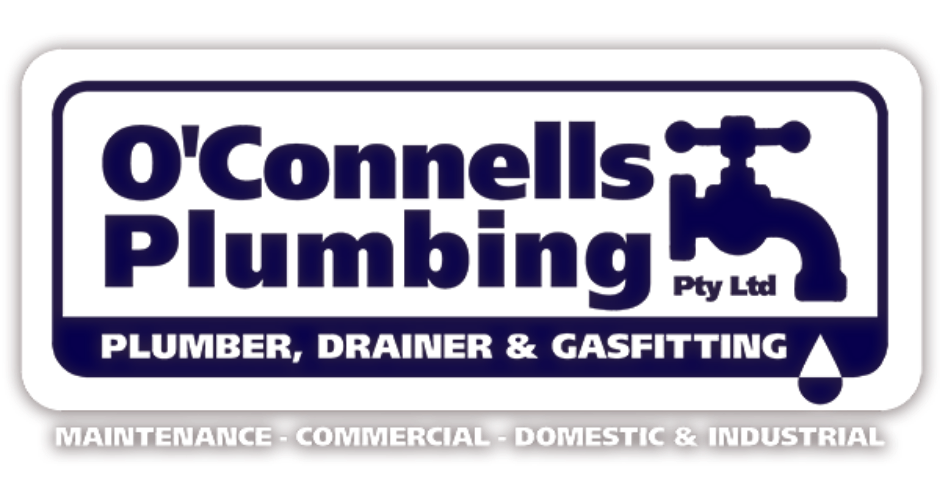Burst Pipes
Causes
- Old or corroded fixtures, hoses or pipes
- Damage, such as hitting a pipe with a shovel when digging in the garden
- Excessive water pressure
Signs
- Wet patches in your lawn or unusually wet areas
- Low water pressure
- Higher water bill than usual
Health and safety effects
- Mould, mildew and damp problems can be very harmful to people with respiratory issues such as asthma. Mildew spores can sometimes cause severe allergic reactions, but is easily killed with bleach or vinegar.
- Structural damage can be caused by leaks in the pipes that run behind your walls or under floors. This can compromise the integrity of footings and cause cracks in your building. Floorboards can also buckle and swell.
- Pests are usually attracted to moist places. The moisture softens the materials that the pests can eat or burrow in. Thus, you will soon be dealing with pest infestation if your house suffers from hidden water leaks.
- Water contamination risks are possible, as different contaminants can enter the pipe when there is a sudden change or drop in the pressure and the velocity in the pipe. The pipes may suck in some external water in that case, and, with it, some particles that can lower the quality of your drinking water.
- Ceiling damage, such as weakening of the plaster and framing materials can lead to ceiling collapse and water damage to whatever lies below. If your house is a two-story design, you may even run the risk of furniture or upstairs appliances falling through, causing damage and potential injury.
- Fire damage is an unexpected but very serious danger of water leaks. When a leak is near or reaches the areas with electrical wiring you are at risk of short circuits and shorted wires which can result in electrical fires and serious damage. When the leak is near electrical wiring it is always recommended to turn off the electricity and have a professional deal with it.

Solutions
A common reason why a tap is leaking is because the tap washer has worn out. Generally, it is a pretty straightforward job, and if you are confident, legally you can change over tap washers yourself.
- Turn off the water supply
- Turn on the tap to flush out any remaining water from the pipe
- Plug the sink so small parts don’t go down the drain
- Change the washer by removing the handle, the flange and then the spindle. Take out the jumper valve and replace the washer. Put the tap back together and test.
Tap still leaking? Call a plumber
Some taps are very old and quite fused together, so the plumber will need to use specialised tools to get them apart without causing damage.
It can be hard to undo a tap without damaging the tap. If you’re not confident and you want to avoid damage, it is best to leave it to the professionals and call a plumber.
Leaking Underground Drains
Your stormwater and sewer pipes run underground, both in your backyard and under your house.
Causes
- Old pipes that have corroded over time
- Ground movement, causing pipes to crack and break
- Incorrect installations or accidental damage
- Blockages, including tree roots blocking your drains
Signs
- Slow draining sinks
- Blocked toilet or shower
- Gurgling coming from drains
- Unusual wet patches in front or backyard
- Floorboards buckling or swelling
Overflowing sewer pipes are a serious health and hygiene issue, not to mention messy.
What to do if you suspect a water leak?
- Turn off the water at the meter - Locate your water meter and turn it off.
- Turn on your garden tap – this will allow the water still in the system to run out there, rather than putting more pressure on the burst or leaking pipe
- Call a plumber out to you quickly to address the leak and provide solutions. If the leak is underground or in a wall, they may have specialised equipment to locate, repair and replace the pipe.
If you do suspect hidden leaks, contact a leak detection specialist.


